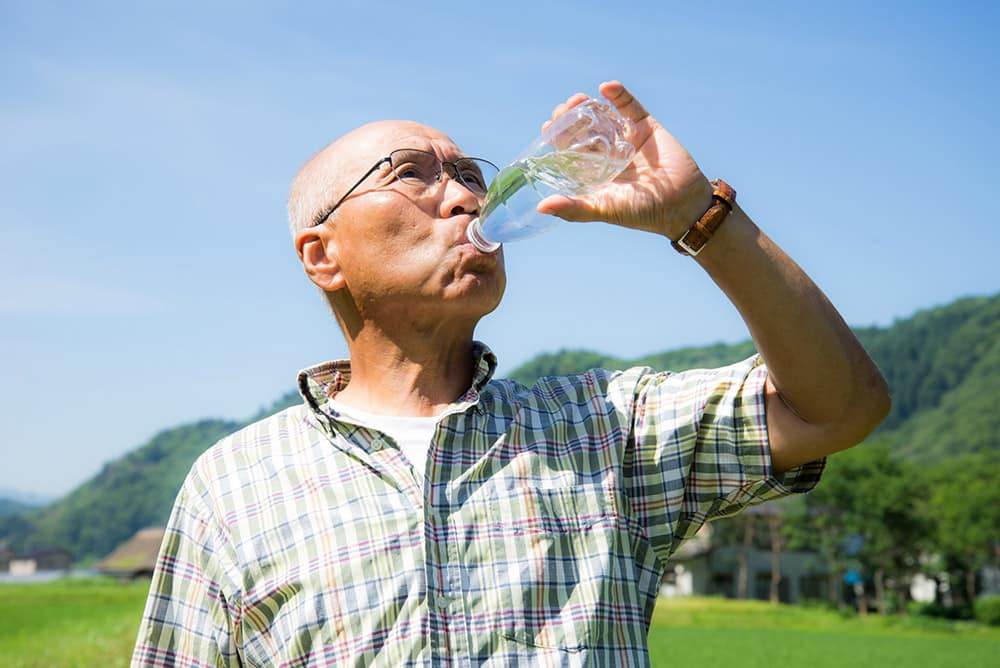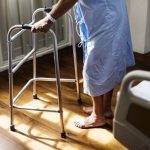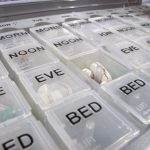[x_section style=”margin: 0px 0px 0px 0px; padding: 45px 0px 45px 0px; “][x_row inner_container=”true” marginless_columns=”false” bg_color=”” style=”margin: 0px auto 0px auto; padding: 0px 0px 0px 0px; “][x_column bg_color=”” type=”1/1″ style=”padding: 0px 0px 0px 0px; “][x_text]Anyone can become dehydrated if they lose too many fluids http://bambawefushia.com/elite-singles-no/. As we age we become more susceptible to dehydration for several reasons. The body”s ability to conserve water reduces, the thirst sense diminishes, and the elderly are less able to respond to changes in temperature. Older adults, especially people living alone, tend to eat less than younger people do and sometimes may forget to eat or drink altogether. Disability or neglect also may prevent them from being well nourished. These problems are compounded by chronic illnesses such as diabetes, dementia, and by the use of certain medications. Kidney disease and heart failure, also make the elderly more likely to become dehydrated. Drinking may be diminished due to fear of incontinence. Illness or fever increases dehydration even more.
Recognizing the signs of dehydration is a key component to staying on top of seniors and making sure that they are properly cared for. Some of the most common signs of dehydration are:
- Dry or loose skin
- Dry or sticky mouth/nose
- Increased weakness and exhaustion
- Sudden confusion
- Decreased urine output; urine that is dark yellow in color
- Dizziness or lightheadedness
- Increased heart rate
- Nausea and vomiting
- Constipation
- Loss of appetite
Dehydration is a frequent cause of hospitalizations of older adults. To ensure that your seniors are getting enough water, aim to help them consume 1 cup of water per 20 pounds of body weight. To accomplish this goal, try utilizing these tips:
- Always present water with meals; avoid caffeine and alcohol
- Be sure that water is always readily available and easily accessible
- Set an alarm or reminder each hour so you’re loved one is reminded to drink regardless of whether or not they feel thirsty
- Encourage your loved one to eat plenty of fresh fruits and vegetables— these foods have a high water content
*Primary Source: The Mayo Clinic[/x_text][x_author title=”About the Author” author_id=”3″][/x_column][/x_row][/x_section]

 Arista Wins Top Workplaces Award
Arista Wins Top Workplaces Award


